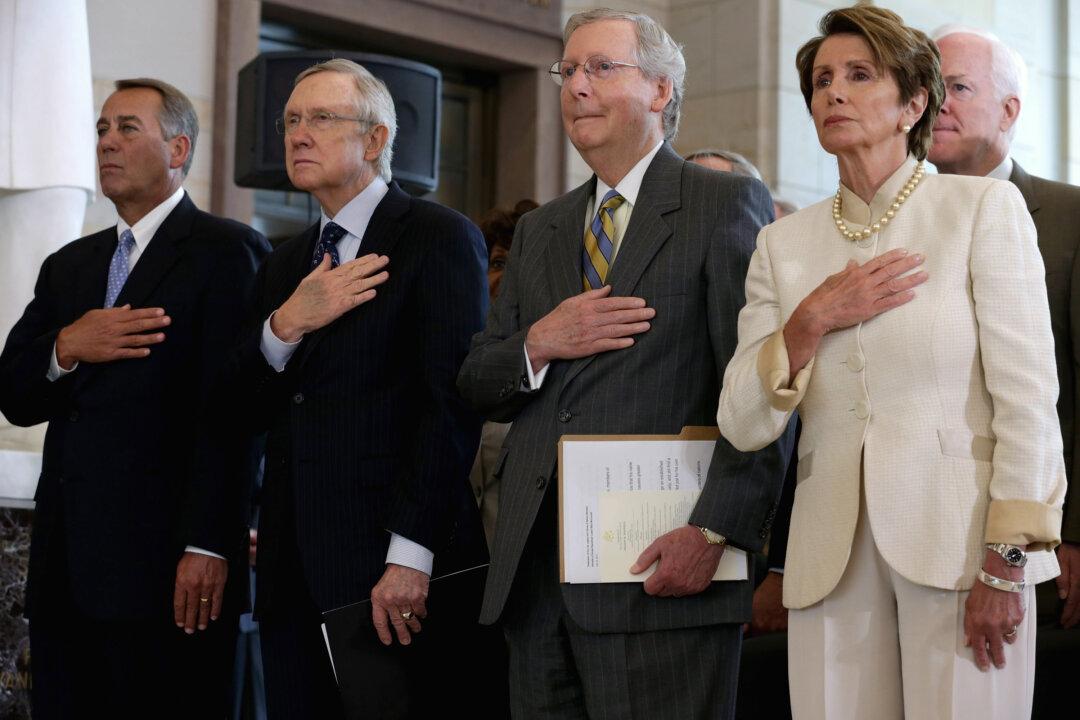The National Defense Authorization Act (NDAA) has stalled at the leadership level with House and Senate members unable to reach a compromise to authorize the appropriations that maintain our national defense.
Congress has issued two emergency Continuing Resolutions, (CR), so far in this budget cycle—the second of which will expire on Dec. 20. CR’s are said by lawmakers and experts to waste taxpayer dollars and undermine national security.





